The automaker is doggedly sticking with the clean fuel that has taken a backseat to batteries. The hydrogen-generation station at the Long Beach port, the first that’s megawatt-scale and 100% renewable, will fuel arriving Toyota Mirai sedans and its Project Portal semi.
Category: energy – Page 290
Geothermal discovery could launch green revolution for energy industry
Good to see that geothermal is finally starting to be rolled out — this time in Canada.
A small company in Saskatchewan is building what could become Canada’s first geothermal power plant, which could launch a green revolution for the energy industry and the people who work in it.
Watch The National live on YouTube Sunday-Friday at 9 p.m. ET
Connect with The National online:
Facebook | https://www.facebook.com/thenational.
Twitter | https://twitter.com/CBCTheNational.
Instagram | https://www.instagram.com/cbcthenational.
More from CBC News | https://www.cbc.ca/news.
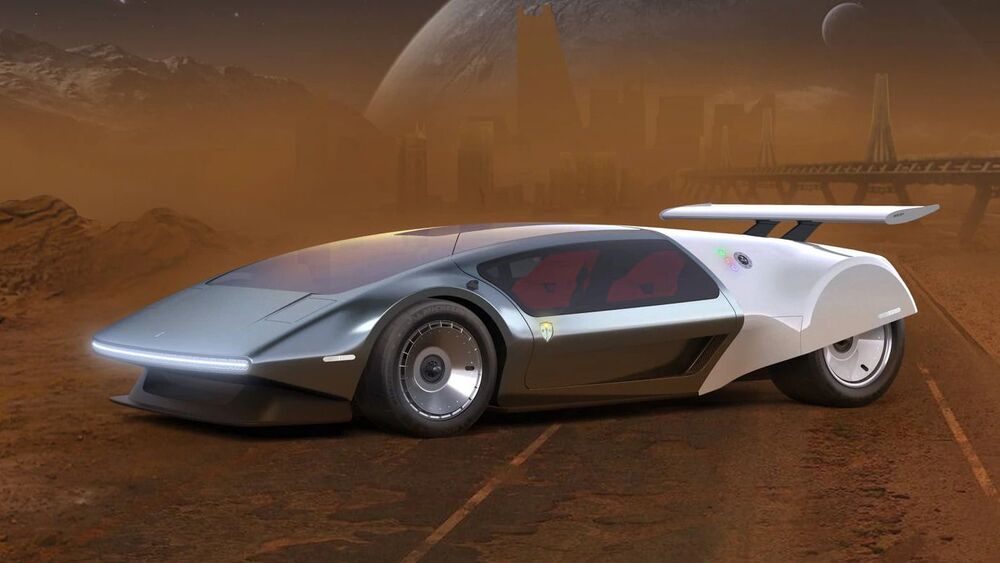
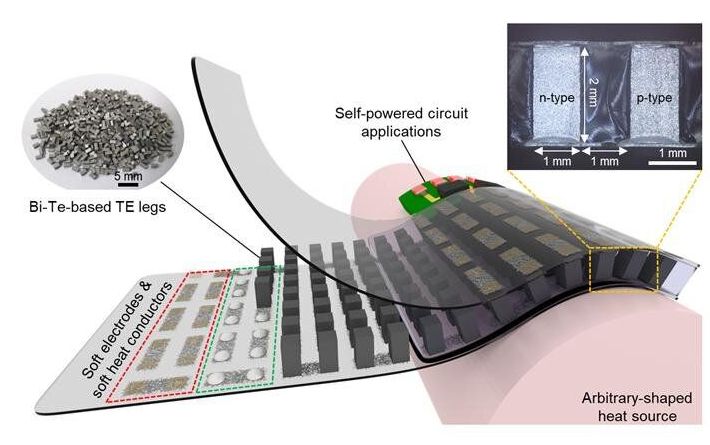
Flexible thermoelectric devices enable energy harvesting from human skin
A thermoelectric device is an energy conversion device that uses the voltage generated by the temperature difference between both ends of a material; it is capable of converting heat energy, such as waste heat from industrial sites, into electricity that can be used in daily life. Existing thermoelectric devices are rigid because they are composed of hard metal-based electrodes and semiconductors, hindering the full absorption of heat sources from uneven surfaces. Therefore, researchers have conducted recent studies on the development of flexible thermoelectric devices capable of generating energy in close contact with heat sources such as human skins and hot water pipes.
The Korea Institute of Science and Technology (KIST) announced that a collaborative research team led by Dr. Seungjun Chung from the Soft Hybrid Materials Research Center and Professor Yongtaek Hong from the Department of Electrical and Computer Engineering at Seoul National University (SNU, President OH Se-Jung) developed flexible thermoelectric devices with high power generation performance by maximizing flexibility and heat transfer efficiency. The research team also presented a mass-production plan through an automated process including a printing process.
The heat energy transfer efficiency of existing substrates used for research on flexible thermoelectric devices is low due to their very low thermal conductivity. Their heat absorption efficiency is also low due to lack of flexibility, forming a heat shield layer, e.g., air, when in contact with a heat source. To address this issue, organic-material-based thermoelectric devices with high flexibility have been under development, but their application on wearables is not easy because of its significantly lower performance compared to existing inorganic-material-based rigid thermoelectric devices.
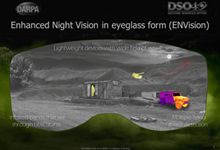
Night-Vision Revolution: Less Weight, Improved Performance
Leveraging new tech, DARPA aims for night-vision goggles the size and weight of regular eyeglasses.
Like.
Comment.
For decades U.S. warfighters have benefitted from advanced night-vision technology, allowing pilots to fly low-level missions on pitch-black nights and ground forces to conduct operations against adversaries in the dark. But current night-vision goggle (NVG) technology requires cumbersome binocular-like optics mounted on a helmet, offering limited field of view (FOV) and putting unhealthy strain on the wearer’s neck. Building on recent scientific advances in photonics and optical materials pioneered in DARPA’s Defense Sciences Office (DSO), a new effort seeks to develop next-generation NVGs that are as lightweight and compact as a pair of regular eyeglasses or sunglasses.
DARPA today announced its Enhanced Night Vision in eyeglass form (ENVision) program. ENVision aims to create lightweight NVGs that offer a wide FOV across multiple infrared (IR) spectrum bands without needing separate optics for each IR band. The goal is to enable night vision through fog, dust, and other obscurants as well as provide thermal vision – all via a single flat lens. A Proposers Day for interested participants is being held via webinar on January 212021.
“Our warfighters experience significant neck strain from current NVGs caused by the weight of the optics extending 4–5 inches in front of their helmets,” said Rohith Chandrasekar, program manager in DARPA’s Defense Sciences Office. “If you’ve never worn NVGs for hours at a time imagine wearing a baseball cap all day with a two-pound weight attached to the front of the bill – that gives you a small sense of the stress experienced. Extended use of such systems leads to a condition where the neck no longer has energy to keep the head upright requiring warfighters to use their hands to lift and point their heads. NVG wearers also have to swivel their heads frequently for peripheral vision since current optics only provide a 40-degree field of view compared to the 120-degree wide view we have with our eyes, which only makes use of NVG systems more painful.”
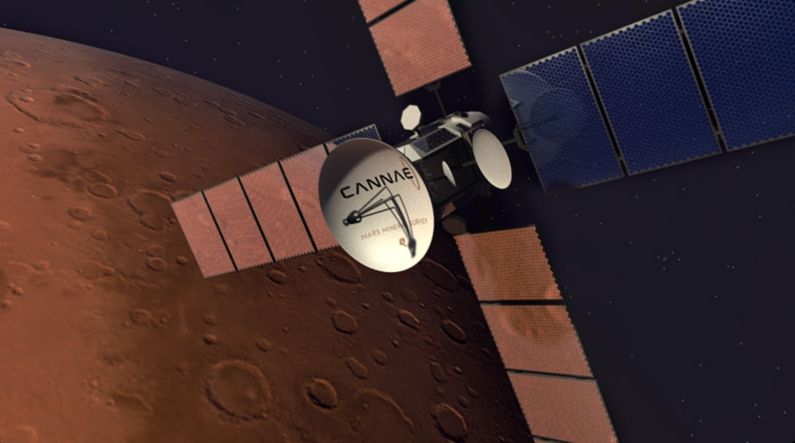
NASA says puzzling new space drive can generate thrust without propellant
Circa 2014
A NASA study has recently concluded that the “Cannae Drive,” a disruptive new method of space propulsion, can produce small amounts of thrust without the use of propellant, in apparent discordance with Newton’s third law. According to its inventor, the device can harness microwave radiation inside a resonator, turning electricity into a net thrust. If further verified and perfected, the advance could revolutionize the space industry, dramatically cutting costs for both missions in deep space and satellites in Earth orbit.
The basic principle behind space propulsion is very simple: for every action, there is an equal and opposite reaction. Use a rocket engine to throw mass one way, get propelled the other way. And according to the law of conservation of momentum, the more mass you throw behind you and the faster you throw it, the stronger your forward thrust will be.
One consequence for space travel is that, to counter Earth’s gravity and reach orbital velocity, rockets need to carry a very large amount of propellant: For instance, in the now-retired Space Shuttle, the mass of the fuel was almost twenty times greater than the payload itself. In satellites the impact is smaller, but still very significant: for geostationary satellites, fuel can make up as much as half the launch weight, and that makes them more expensive to launch and operate.
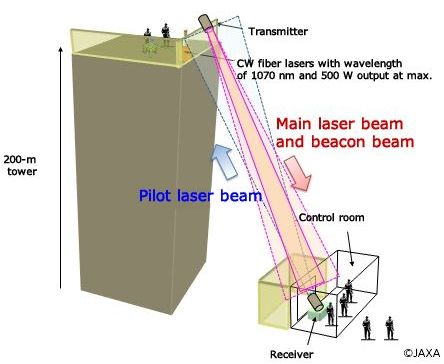
Research on Laser Wireless Power Transmission Technology
Like.
The term “LASER” stands for Light Amplification by Stimulated Emission of Radiation. Lasers are a form of artificial light with a uniform phase and wavelength.
A core property of a laser is a low divergence angle that spreads out very little as it projects out further from its source. Lasers are also small enough to fit within compact instrumentation, which makes them ideal for inter-orbit optical communication systems and other systems for communicating over long distances. The Laser-based SSPS (L-SSPS) uses these unique properties to send solar-powered laser energy from space to Earth, where it is converted into electricity.
The transmittance of laser beams depends upon their wavelength. The SSPS Research Team has been studying a laser wireless power transmission technology operating at a wavelength of about 1070 nm (near-infrared) and a continuous-wave (CW).
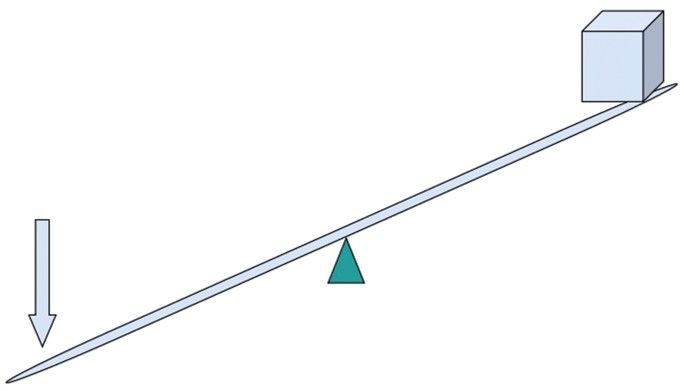
Energy transmission using recyclable quantum entanglement
Circa 2016
It is known that faster-than-light (FTL) transmission of energy could be achieved if the transmission were considered in the framework of non-relativistic classical mechanics. Here we show that FTL transmission of energy could also be achieved if the transmission were considered in the framework of non-relativistic quantum mechanics. In our transmission protocol a two-spin Heisenberg model is considered and the energy is transmitted by two successive local unitary operations on the initially entangled spins. Our protocol does not mean that FTL transmission can be achieved in reality when the theory of relativity is considered, but it shows that quantum entanglement can be used in a recyclable way in energy transmission.

